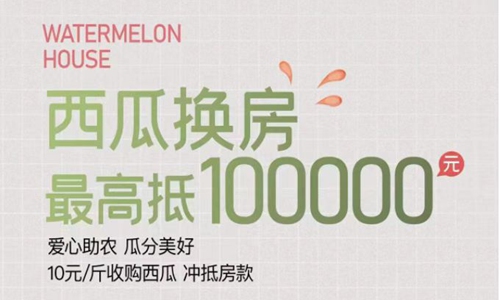China's property sector faces downward pressure in July, will remain stable: official

Shenzhen real estate Photo:VCG
China's property market continued to face downward pressure in July as the growth of new home prices in first-tier cities slowed, and national real estate development investment saw a year-on-year decline, official data showed on Monday.
However, the housing sector is expected to remain overall stable as local support policies are rolled out, according to officials and experts.
In July, new home prices in first-tier cities rose 0.3 percent on a monthly basis, narrowing 0.2 percentage point from the previous month, data from the National Bureau of Statistics (NBS) showed on Monday.
Among 70 large and medium-sized Chinese cities, 40 recorded price drops from June for new homes, two more than in June.
"The figures show that the index of China's new house prices continues to cool amid pressure, and there is an urgent need for active policies around the country to stimulate a market recovery," Yan Yuejin, research director at Shanghai-based E-house China R&D Institute, told the Global Times on Monday.
Experts noted that mortgage defaults in some cities, with yet-to-be delivered property projects being delayed, have also affected market sentiment.
From January to July, total new residential floor space completed reached 232.79 million square meters, down 22.7 percent year-on-year, data from the NBS showed.
According to data released by the People's Bank of China (PBC), the country's central bank, new home mortgages increased 121.7 billion yuan ($17.9 billion) in July, compared with 848.2 billion yuan in June.
National real estate development investment fell 6.4 percent year-on-year in the first seven months, according to NBS data.
Despite recent property-related delivery problems in some cities, the construction of national property projects remains stable and the overall risk is manageable, Fu Linghui, a spokesperson from the NBS, said on Monday.
Ensuring delivery is the core initiative to boost real estate investment in the second half of the year as it relates to the rights of homebuyers, Yan noted, adding that local governments need to ensure sufficient funds to help address liquidity problems that property developers face, in order to guarantee property project delivery, thus repairing market confidence.
Following rural bank scandals in Central China's Henan Province and East China's Anhui Province in July, local financial regulators said on Saturday that they have started four rounds of advance payments valued at 18.04 billion yuan for people with deposits in the related banks.
The PBC on August 10 said that it will further deepen early correction and risk disposal functions for deposit insurance, and resolutely protect the bottom line of not allowing systemic financial risks.
Fu said that as local governments' support policies aimed at boosting the property market are rolled out, the sector is expected to gradually gain stability, and its impact on the national economy will gradually improve.
"Although the recovery of the real estate market faced hurdles in July, localities have implemented a series of measures including cutting the down payment ratio for second homes and increasing loan amounts of housing provident funds," Yan said, noting that these actions will have a positive effect on housing prices over the months ahead.
In order to activate real estate market demand, more than 30 Chinese cities have announced policies to support home purchases by families with two or three children, including relaxing purchase restrictions and offering subsidies.
Global Times



